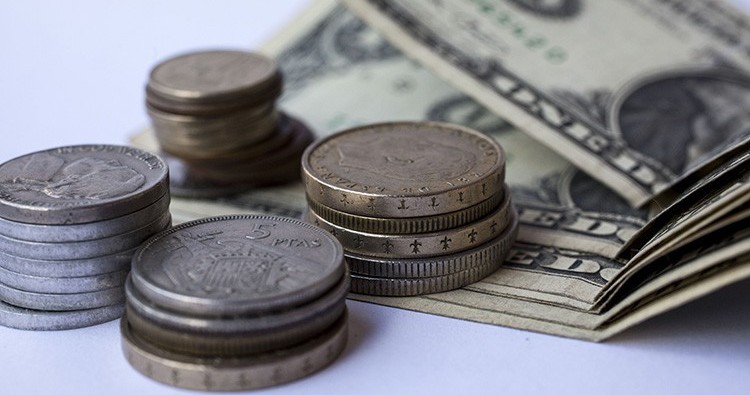$100 mln ADB loan to help Georgia tackle COVID-19 crisis

The COVID-19 Active Response and Expenditure Support Programme will provide budget support to the government and help fund its comprehensive anti-crisis plan. Photo: Nino Alavidze/Agenda.ge.
The Asian Development Bank (ADB) has approved a $100 million loan to help Georgia contain the spread of the coronavirus pandemic, mitigate the impact on businesses, and protect the livelihoods of the most vulnerable, including women and children.
As a major trade and tourism hub, COVID-19 poses a grave threat to the health and economic wellbeing of Georgia. We are fully committed to supporting Georgia’s response and this comprehensive package will help address the country’s immediate health and socioeconomic needs”, said ADB President Masatsugu Asakawa.
Georgia began to introduce containment measures in January to shield its voulnerable public health system, but the pandemic has significantly impacted the economy. Travel restrictions hit the tourism sector, which recorded an almost 60 per cent year-on-year decline in international visits in March.
The COVID-19 Active Response and Expenditure Support (CARES) Programme will provide budget support to the government and help fund its comprehensive anti-crisis plan. This includes tax deferments for more than 4,000 small and medium-sized tourism businesses and subsidized loan repayments for at least 2,000 small and medium-sized hotels.
The loan will protect the vulnerable by helping to fund the government’s social assistance measures. These include temporary payments for up to 350,000 formal-sector workers who could lose their jobs as a result of the pandemic; one-off payments for up to 250,000 informal or self-employed workers; subsidized utility bills for 1.2 million families; and a six-month price freeze on nine key food products.
To help contain the spread of the disease, the loan will help to fund free access to COVID-19 diagnostic and treatment services including for the poor, for whom out-of-pocket health expenses are particularly burdensome.
COVID-19 particularly threatens Georgian women, who make up around 60 per cent of both tourism and frontline medical workers. ADB’s loan will help provide personal protective equipment to frontline female medical workers and expand cash assistance to disabled women and children. Of the 6,000 tourism and hotel businesses supported through the government’s tax and loan subsidy scheme, more than one-third are owned or managed by women.
 Tweet
Tweet  Share
Share